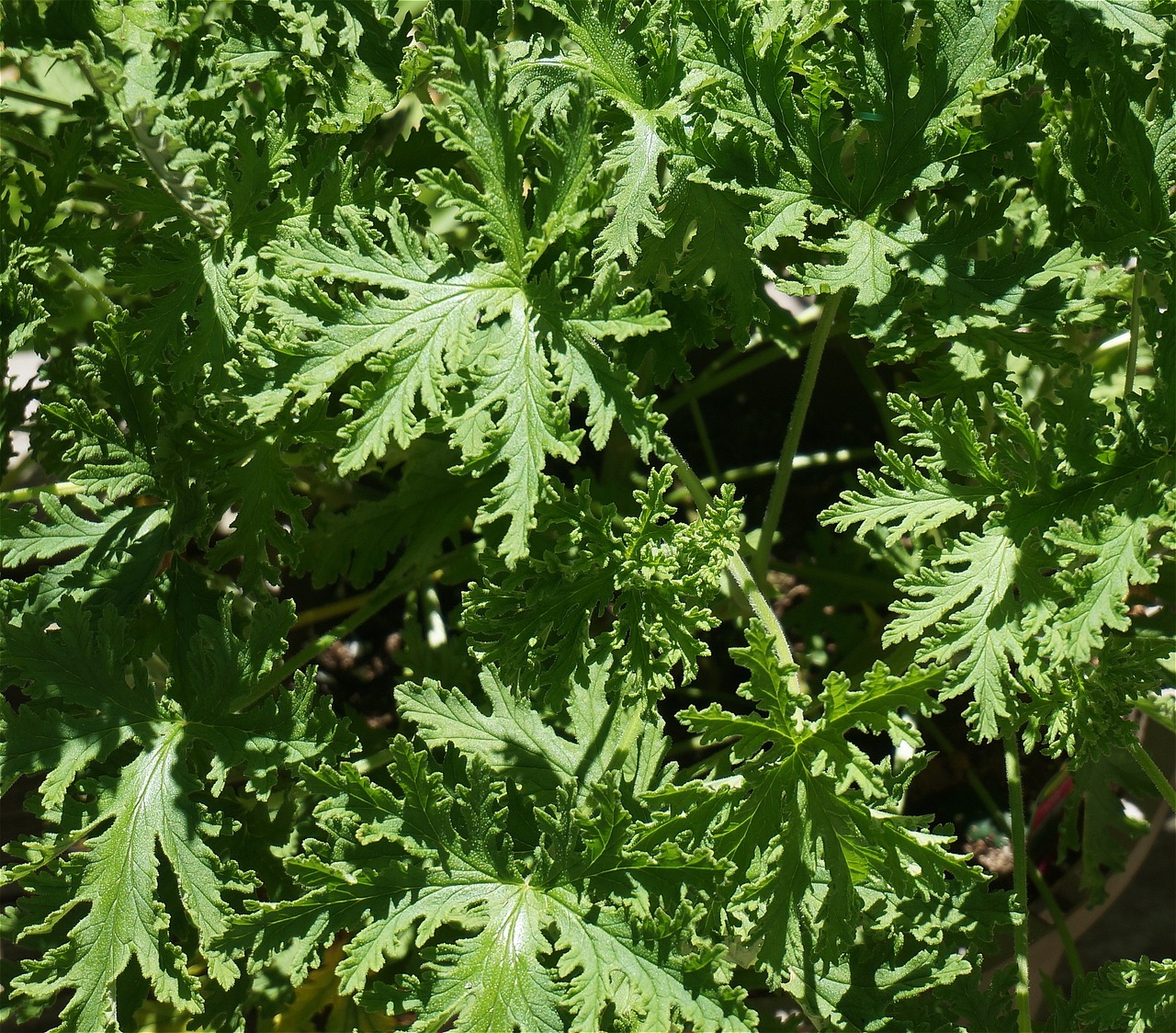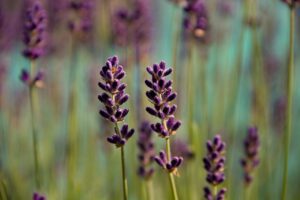What Plants Repel Flies. Flies are not only annoying but can also cause health issues for you and your family if left uncontrolled. Fortunately, you don’t need to rely on chemical-based solutions to get rid of these pesky insects. An all-natural and eco-friendly way to repel flies is by using plants that deter them.
In this section, we will explore a variety of plants that have the ability to naturally repel flies. These natural fly-repellent plants not only keep your home and garden pest-free but also provide a refreshing aroma and add beauty to your surroundings.
Key Takeaways:
- There are plants that can naturally repel flies without the use of chemicals.
- Planting natural fly-repellent plants not only keeps your surroundings pest-free but also provides refreshing aromas and adds beauty to your surroundings.
- Using eco-friendly fly deterrent plants is safer for your family and pets compared to chemical-based solutions.
Benefits of Using Plant-Based Fly Repellents
When it comes to keeping flies away from your home and garden, plant-based fly repellents offer a natural and eco-friendly solution. By utilizing the best plants to repel flies, you can create a pest-free environment without the use of harmful chemicals.
Plants that keep flies away are not only effective but also safe for your family and pets. These fly deterrent plants are easy to grow and require little maintenance, making them a convenient and affordable option for any homeowner.
One of the main benefits of using plant-based fly repellents is their versatility. You can plant them in your garden or in pots to place around your home, providing multiple solutions for keeping flies at bay. Additionally, these natural fly deterrents offer a pleasing aroma and add color and beauty to your living spaces.
With so many varieties of fly-repelling plants to choose from, including lavender, basil, marigold, rosemary, mint, and citronella, you can create a customized solution for your specific needs. These fly-repelling plants not only deter flies but also have additional benefits, such as acting as mosquito-repellent plants.
Overall, utilizing plant-based fly repellents provides an effective, safe, and eco-friendly solution for keeping flies away from your home and garden. By incorporating fly deterrent plants such as the ones mentioned, you can enjoy a pest-free environment while reaping the additional benefits these natural remedies have to offer.
Lavender: A Natural Fly Repellent
Lavender is not only a beautiful plant but also a natural fly repellent. It has a pleasant and soothing scent that not only adds to the aesthetics of your garden but also acts as a deterrent for flies.
The compounds in lavender, such as linalool and camphor, have insecticidal properties that keep flies away. The strong scent of lavender also masks the odor that attracts flies, making it an effective solution to repel them.
Growing lavender in your garden is easy and requires minimal maintenance. They thrive well in well-draining soil and full sunlight. You can also grow them in pots and place them near windows and entrances to your home to keep flies away.
| Pros | Cons |
|---|---|
| Beautiful scent that adds to the aesthetics of your garden. | Not suitable for outdoor areas with high humidity or rainfall. |
| Easy to grow and maintain. | May attract other insects like bees and butterflies. |
| Safe for pets and children. | May not be as effective in repelling other types of insects. |
In addition to planting lavender in your garden, you can also use lavender essential oil to repel flies. Add a few drops of lavender essential oil to a diffuser or spray bottle filled with water, and use it to spray around your living spaces.
Incorporating lavender into your garden is not only an effective way to repel flies but also a natural and eco-friendly solution. Add this beautiful plant to your outdoor spaces and enjoy a fly-free environment.
Basil: An Aromatic Fly Repellent
Basil, a popular herb in the culinary world, is also known for its fly-repellent properties. Its strong aroma acts as a natural deterrent, keeping flies away from your home and garden.
To utilize basil as a fly repellent, it’s best to plant it in your garden or in pots around your living spaces. Not only will you have a natural fly deterrent, but you’ll also have fresh basil on hand for cooking.
Basil is easy to grow and maintain, making it a great addition to any garden. It thrives in warm, sunny conditions and requires regular watering. Planting basil alongside other plants can also offer additional benefits, such as enhancing the flavor of tomatoes and repelling other pests like mosquitoes and aphids.
When using basil as a natural fly repellent, it’s important to crush the leaves to release its aroma. You can also make a basil spray by steeping basil leaves in hot water, straining the mixture, and adding it to a spray bottle. Spraying this mixture around your home and garden can help keep flies away.
The Benefits of Basil as a Natural Fly Repellent:
- Basil is a natural and eco-friendly fly deterrent.
- It adds a touch of beauty to your garden and home.
- Basil is easy to grow and maintain.
- It can be used for cooking and as a natural fly repellent.
- Basil repels other pests like mosquitoes and aphids.
By incorporating basil into your home and garden, you can enjoy its aromatic scent while keeping pesky flies away. Try planting basil today and see the benefits for yourself.
Marigold: A Vibrant Fly Deterrent
Marigolds are not only beautiful additions to your garden with their bright colors, but they can also serve as natural fly deterrents. These plants contain pyrethrum, which is commonly used as an insecticide and is effective in repelling mosquitoes and flies.
Marigolds are easy to grow and can be planted in both garden beds and containers. They are also low maintenance, making them a great option for those who want to repel flies without a lot of effort.
| Plant: | Marigold |
|---|---|
| Properties: | Insecticide (contains pyrethrum) |
| Uses: | Garden beds, containers, outdoor spaces |
One effective strategy for using marigolds as fly deterrents is to plant them around the perimeter of your garden or outdoor living area. This creates a barrier that flies are less likely to cross, keeping them away from your living spaces.
Another option is to place potted marigolds near doors and windows to prevent flies from entering your home. This not only repels flies but also adds a pop of color to your interior spaces.
Overall, marigolds are a beautiful and practical addition to any garden or outdoor living space, providing a natural solution to repel flies and other annoying insects.
Rosemary: An Effective Fly Repelling Herb
Rosemary, a popular herb in Mediterranean cuisine, also has the ability to repel flies naturally. This herb has been used for centuries as a natural fly deterrent due to its strong scent.
The essential oils in rosemary contain compounds that are toxic to flies, making it an excellent choice for those looking for natural fly repellent plants. Additionally, rosemary is easy to grow and maintain, making it a convenient solution for keeping flies away from your home and garden.
To utilize rosemary as a fly repellent, plant it in areas where flies are prevalent, such as near garbage cans or outdoor seating areas. Crush the leaves to release the essential oils and place them in mesh bags or sachets to hang in areas where flies are present. Alternatively, you can also burn dried rosemary as incense to repel flies.
Aside from its fly-repelling properties, rosemary also has several health benefits and is rich in antioxidants, making it a healthy addition to your diet.Pro tip: Planting rosemary alongside other natural fly deterrent plants such as lavender and basil can help create a pest-free environment around your home. These natural fly repellent plants work together to repel a wide range of pests, including flies, mosquitoes and other insects.
Mint: A Refreshing Fly Repellent
Mint plants not only provide a refreshing aroma but also serve as natural fly repellents. Their potent scent acts as an effective deterrent, keeping flies away from your living spaces. Mint plants are easy to cultivate and can be grown both indoors and outdoors.
To use mint as a fly repellent, crush a few leaves and place them in a small muslin bag. Hang the bag in areas where flies are commonly found, such as doorways or near windows. Alternatively, you can plant mint in pots and place them around your patio or outdoor seating area to keep flies at bay.
Mint is a versatile herb that can also be used in cooking, making it a perfect addition to your herb garden. With its natural fly-repelling properties, you can enjoy fresh mint leaves while keeping your surroundings fly-free.
Citronella: An Effective Fly Deterrent
Citronella is widely known for its mosquito-repelling properties, but did you know it can also be used to deter flies? By planting citronella in your garden, you can create a natural fly barrier around your home and outdoor areas.
Citronella plants thrive in warm, sunny locations and well-draining soil. They are relatively low maintenance and can grow up to 5-6 feet tall, providing ample coverage for your fly-repelling needs.
The fragrance of citronella is what makes it an effective fly deterrent. The aroma is strong and unpleasant to flies, driving them away from the area. Citronella oil can also be extracted from the plant and used in homemade fly repellent sprays and candles.
| Benefits of Citronella Plants |
|---|
| Citronella plants are natural and eco-friendly, providing an alternative to chemical fly repellents. |
| They are versatile and can be planted in pots or directly in the ground. |
| Citronella plants also add a lovely citrus scent to your garden. |
When planting citronella, it is important to note that the plant itself does not kill flies, but rather deters them from the area. Therefore, it is recommended to plant citronella in combination with other fly-repelling plants such as lavender, basil, marigold, rosemary, and mint for maximum effectiveness.
By incorporating citronella plants into your outdoor spaces, you can naturally deter flies and enjoy a pest-free environment. Try planting citronella today and see the difference it makes!
Conclusion
Incorporating fly-repelling plants into your home and garden is a natural and effective solution to keep flies at bay. By planting lavender, basil, marigold, rosemary, mint, and citronella, you can create a pest-free environment while enjoying the beauty and aroma of these natural fly deterrents.
Not only are these plant-based remedies eco-friendly, but they are also safe for your family and pets. Instead of relying on chemical insecticides, why not try these natural alternatives?
Remember to regularly tend to your plants and position them in areas where flies frequent. By doing so, you can maximize their effectiveness in deterring flies.
With these tips and tricks, you can enjoy the great outdoors and indoors without pesky flies bothering you. So go ahead and give these natural fly repellent plants a try, and say goodbye to annoying flies for good!
FAQ
What plants repel flies?
Lavender, basil, marigold, rosemary, mint, and citronella are all plants known to repel flies naturally.
How do these plants deter flies?
These plants possess certain properties, such as strong aromas or repellent compounds, that flies find unpleasant and therefore avoid.
Can I use these plants indoors?
Yes, many of these plants can be grown indoors in pots or containers to help deter flies in your home.
How do I incorporate these plants into my garden?
You can plant these fly-repelling plants in your garden beds, use them as borders or hedges, or even place them in hanging baskets or pots around your outdoor spaces.
Do these plants only repel flies?
Some of these plants, such as citronella and marigold, are also known to repel mosquitoes, offering additional benefits for outdoor living.
Are these plants safe for pets?
While these plants are generally considered safe for pets, it’s always best to research specific plants and consult with a veterinarian if you have any concerns.
How often do I need to water these plants?
Each plant has different watering requirements, but generally, it’s best to keep the soil moist but not overly saturated. Check the specific care instructions for each plant.
Can I use these plants as a natural fly repellent indoors?
Yes, you can place potted plants or bouquets of the mentioned plants indoors to help deter flies. The presence of these plants and their scents can act as natural fly repellents.
Can I use these plants in cooking?
Yes, many of these plants, such as basil, rosemary, and mint, are commonly used as culinary herbs and can be incorporated into various dishes for added flavor.





Pingback: Discover What Plants Attract Dragonflies to Your Garden - Botanic Plant Life
Pingback: Discover Botanic Plant Names: Your Guide to Flora
Pingback: Exploring Plant Uses for Honey: Natural Sweetness Unveiled